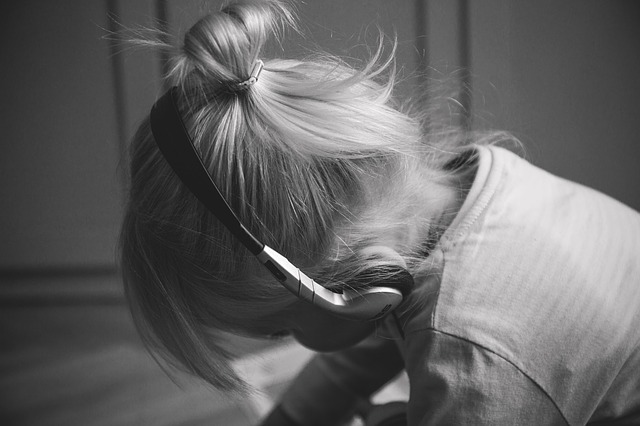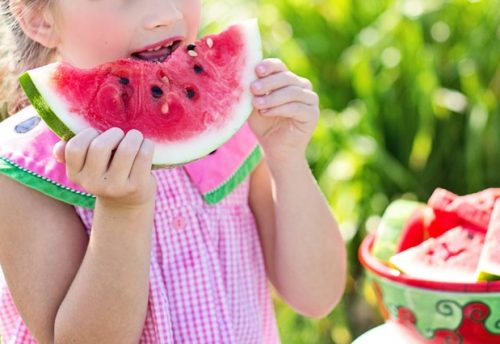
How To Involve Your Child In Music
How To Involve Your Child In Music
In this article, You will learn about how to involve your child in music. Musical experiences in childhood can actually accelerate brain development, particularly in the areas of language acquisition and reading skills. According to the National Association of Music Merchants Foundation (NAMM Foundation), learning to play an instrument can improve mathematical learning and even increase SAT scores. But academic achievement isn’t the only benefit of music education and exposure. Music ignites all areas of child development and skills for school readiness: intellectual, social and emotional, motor, language, and overall literacy. It helps the body and the mind work together. Exposing children to music during early development helps them learn the sounds and meanings of words. Dancing to music helps children build motor skills while allowing them to practice self-expression. For children and adults, music helps strengthen memory skills.
Music Clearly has many Benefits and here’s how you can get your Child Involved in Music :
Experiment with Instruments
If you haven’t purchased any age appropriate “kid” versions of musical instruments, it would probably be worth your money. There’s so much they can explore when experimenting with musical instruments – how does it sound? how do you play/hold it? can you play low/high notes? can you play fast/slow notes? These are all such basic, but wonderful, things for little toddlers to know and enjoy doing. No, you don’t need a room full of instruments, but providing your child with a drum, a toy guitar, or a xylophone is a great place to begin.
Incorporate Music into Day-to-Day Activities
There’s a reason why clean-up songs are standard preschool practice. Create songs out of brushing your teeth, taking a bath, getting dressed, getting in the car seat. It’s so very simple for us to do but profound for your child’s music development.
Celebrate what they Love
As you discover what your child enjoys, figure out how you can support them in it. If they love singing, find some artists or shows that you could focus on. Get those albums and play them over and over. If they love the piano, buy them an age-appropriate keyboard to play on, play some CDs of instrumental piano music for them, or maybe even show them performances of kids playing the piano on YouTube. There is plenty of time in life for studying music seriously. Music at this age should be fun! Allow your toddler to explore with instruments, their voice, and their preferences. You may find that your child isn’t the only one having a good time with it!
Record
Recording music is a fun way for kids to experience music from a different perspective—listening to themselves. With the technology we have today, nearly everyone can record their kids singing or playing an instrument.
It’s incredible to watch children listen to themselves singing. Like the rest of us, they’re often surprised by the sound of their own voices. Another fun and simple way to record your kids is to use voice memos on a phone.
Sing!
Kids need to be singing. How does one master this skill? By singing! Sing to your children, and then when you’re done singing, sing some more. They need your voice and they need your music. They couldn’t care less about how you sound. Just Sing! Sing to them at night, sing as you clean up toys, sing books to them (even ones that aren’t meant to be sung), sing to-do lists, etc. Soon enough, they’ll join in!
Attend
Nothing compares to the experience of live music. If you want to inspire your kids to have a lifelong love of music, take them to concerts, festivals and other live performances. Seeing real people make music together is very inspiring and fun.
Take away the words
When you sing to your child, sing songs without words or lyrics. You can sing songs you already know, just sing the melody and replace the words with a repeated vocal syllable (like ‘la la la la’). You can also hum the melody, but using a vocal syllable allows you to better express the melody’s rhythm and phrasing. When you sing and remove the words, you encourage your child to focus on the music instead of the song’s language.
Don’t correct
It’s best not to correct your child’s singing, and instead encourage them to sing freely and creatively. Most children won’t be able to sing complete and accurate melodies until starting around ages 3 to 4 and most often around age 5 and during their infant and toddler years they likely won’t even be aware that what they’re singing is significantly different from you or ‘. It’s more important your child sings often, and less important they sing correctly.
Looking For Best Preschools in Delhi ?





Leave a Reply